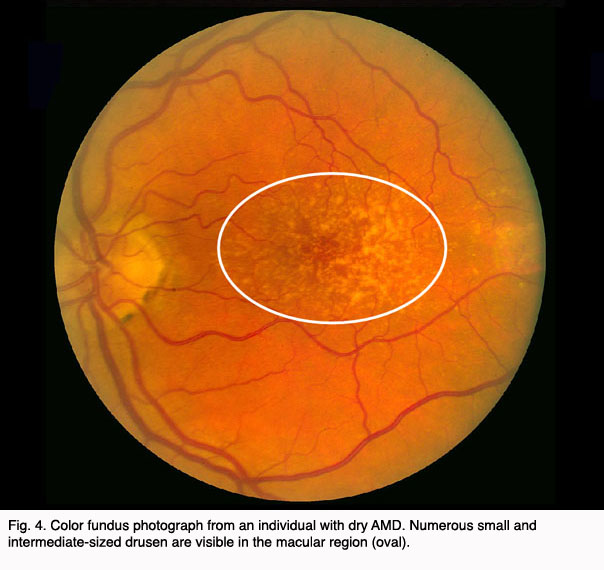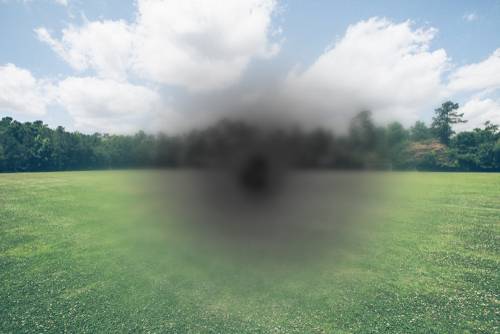
Age-related macular degeneration (AMD) is a kind of eye disease that we mainly find in older people specifically after the age of 55 years. It leads to blurred images or one may lose the central vision, as the macula is mainly responsible for central vision. AMD may also be a side effect of several medicines.

Reference: https://webvision.med.utah.edu/book/part-xii-cell-biology-of-retinal-degenerations/age-related-macular-degeneration-amd/
What are the causes and types of AMD?
The definite cause of this disease is not known to date. But experts stress the several risk factors which are acquired or genetically determined, like family history, stress, smoking, obesity, high blood pressure, smoking, etc.
There are two types of AMD which are as follows:
- Dry AMD
Dry AMD is very common. It occurs when the macula of our eye gets thinner with age. There are three stages of Dry AMD. Those are early, intermediate, and late. It advances gradually over several years.
There is no proper medication for late dry AMD. However, under proper medical guidance, you can easily find directions to make the most of your remaining vision. If you have late dry AMD in only 1 eye, you must visit an eye care professional on a regular basis.
- Wet AMD
Wet AMD is also termed as advanced neo-vascular AMD. It is a less common type of late AMD. Moreover, it usually results in faster loss of vision. If dry AMD is not checked and taken care of properly, it may lead to wet AMD. This type of AMD arises when abnormal blood vessels grow under the retina and leak in that region. Several treatment procedures are available for wet AMD.
What are the various symptoms of AMD?
The symptoms vary from person to person. They are as follows:
- Blurring or dark patches within the central visual field.
- Distortion of image.
- Lack of contrast sensitivity.
- The constant flow of tears.
- Inability to differentiate among colors.

Reference: https://www.webrn-maculardegeneration.com/central-scotoma.html
Age-related macular degeneration is a disease that may lead to blindness if you don’t check your eyes on a regular basis. With age, if you are facing problems seeing things, visit an optometrist or ophthalmologist as soon as possible.
